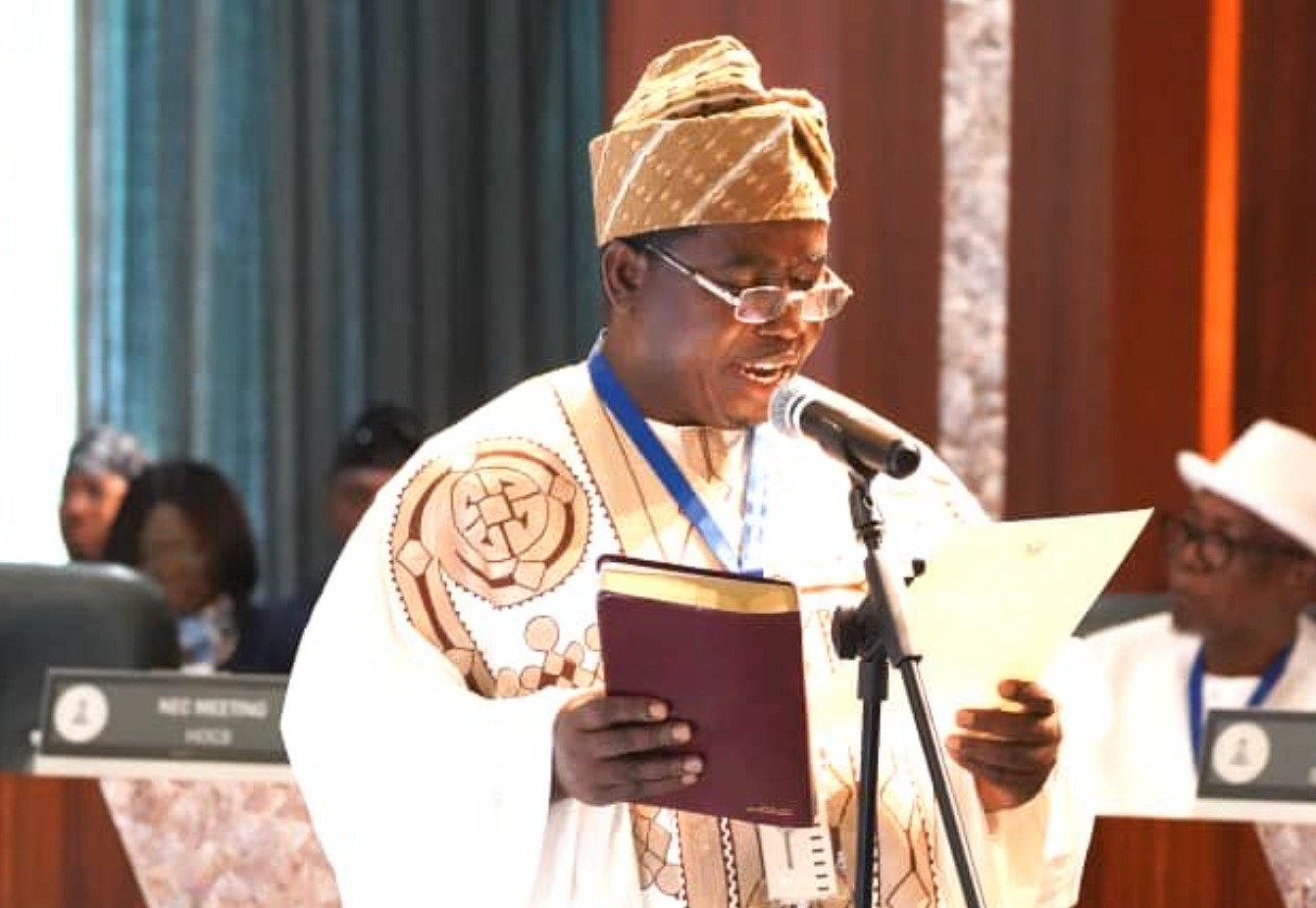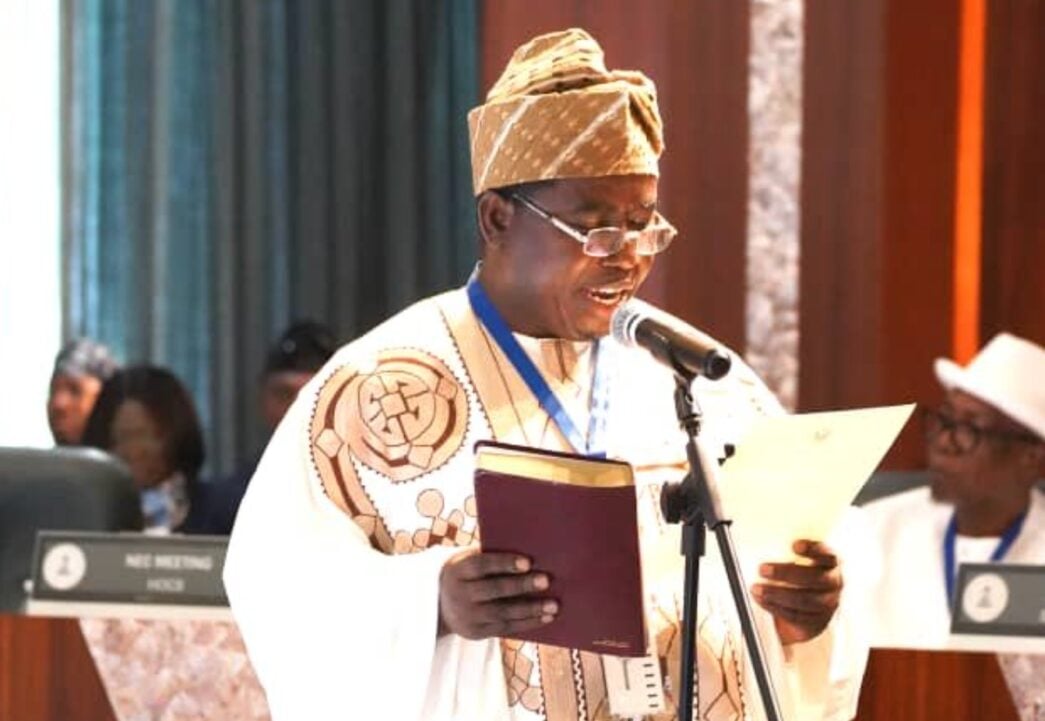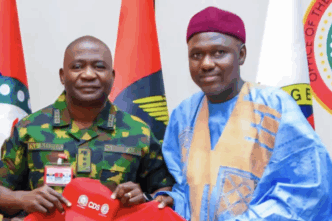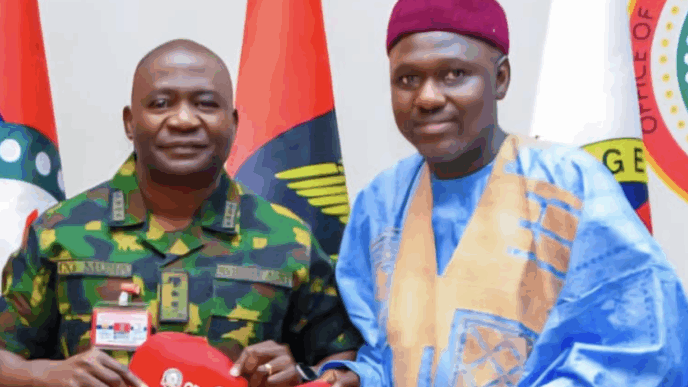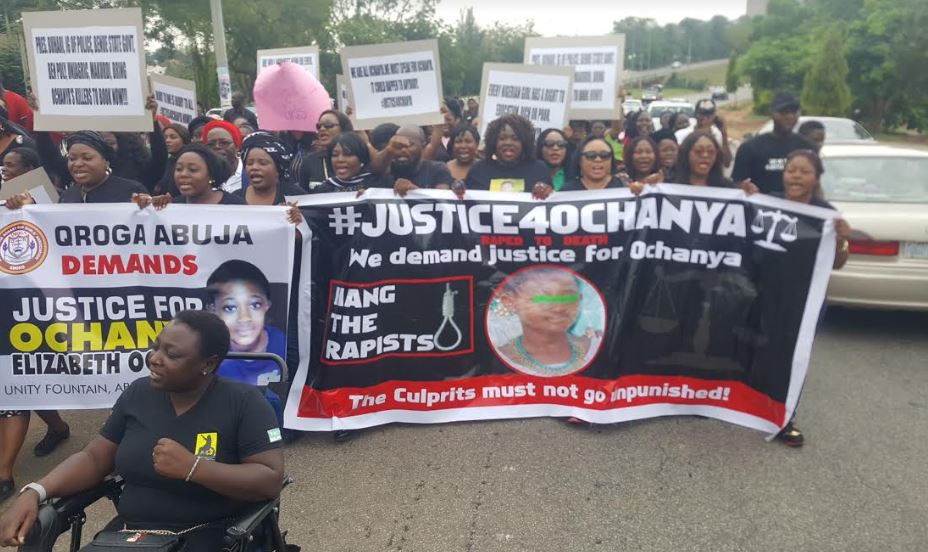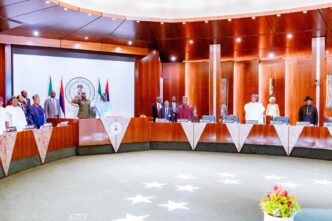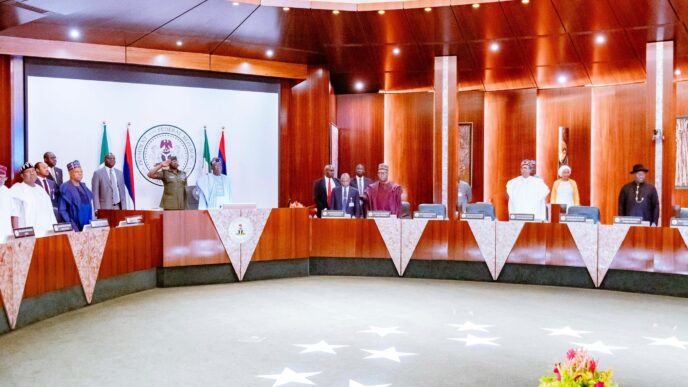BY TOCHUKWU JIMO OBI
As the people of Anambra State prepare to elect a new governor on November 8, 2025, the nation’s attention has once again turned to the Independent National Electoral Commission (INEC) and particularly, to its new chairman, Professor Joash Amupitan.
There is no denying that Nigeria’s electoral process has often been riddled with controversies, from logistical failures and delayed voting to allegations of vote buying and result manipulation. However, the upcoming Anambra governorship election presents a critical opportunity for INEC to restore public confidence in the nation’s democratic process.
Professor Amupitan, who recently assumed office as INEC Chairman, has pledged to deliver elections that are free, fair, and credible. His commitment will, however, be tested in Anambra, where political competition is traditionally fierce and public expectations are high. To achieve this, the conduct of INEC officials, both at the headquarters and in the field, will be crucial.
Advertisement
Beyond assurances and public statements, the new chairman must ensure that INEC’s field officers are properly monitored and held accountable for their actions. Any form of compromise or negligence at the polling units could undermine the integrity of the entire process.
One major challenge that has continued to plague Nigerian elections is vote buying, which has gradually become a threat to the credibility of the electoral system. This menace must be confronted decisively in Anambra. INEC, in collaboration with security agencies, must ensure that perpetrators are apprehended and prosecuted. Security operatives, on their part, must conduct themselves with neutrality and professionalism, providing protection for voters and election materials without fear or favour.
Furthermore, INEC should, as a matter of urgency, guarantee the electronic transmission of results from all polling units through the INEC Result Viewing Portal (IReV). Transparency demands that collated results must tally with those transmitted electronically to avoid discrepancies and disputes that often mar elections.
Advertisement
In addition, voter education must be taken seriously. Many election-day challenges stem from poor voter awareness, misinformation, and a lack of understanding of electoral procedures. INEC should intensify its sensitisation campaigns across Anambra’s 21 local government areas, ensuring that voters know their rights, understand the voting process, and resist attempts to sell their votes. The success of the election depends not only on INEC’s logistics but also on the active and informed participation of the electorate.
Equally important is the role of political parties and candidates. They must conduct themselves responsibly, abide by the rules of engagement, and avoid inflammatory rhetoric that could incite violence or tension. Democracy thrives when all stakeholders play by the rules, respect the process, and allow the will of the people to prevail.
The Anambra governorship election is, without doubt, a litmus test for Professor Amupitan’s leadership and for INEC’s capacity to conduct credible polls moving forward. Nigerians will be watching closely to see whether the electoral body can rise above past shortcomings and set a new standard of integrity and efficiency.
Ultimately, the choice of the people must be respected through a transparent and credible process. INEC cannot afford to fail this time, not only for the sake of Anambra but for the credibility of Nigeria’s democracy as a whole.
Advertisement
Tochukwu Jimo Obi, a public affairs commentator, writes from Abuja.
Views expressed by contributors are strictly personal and not of TheCable.
